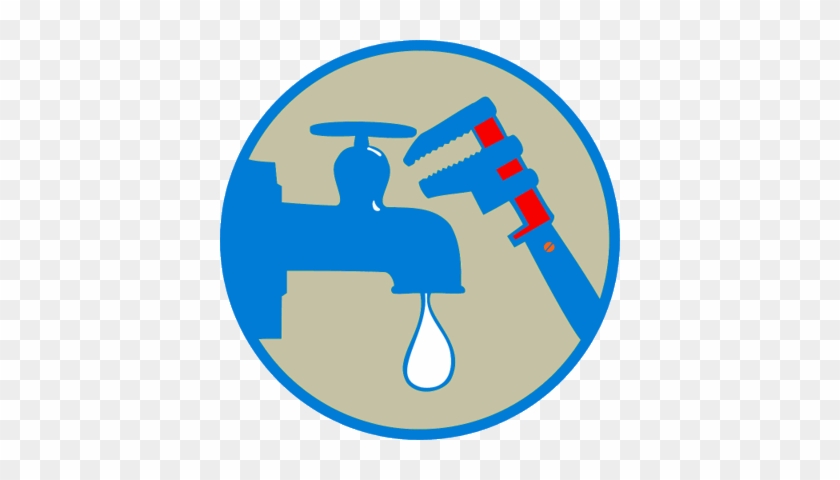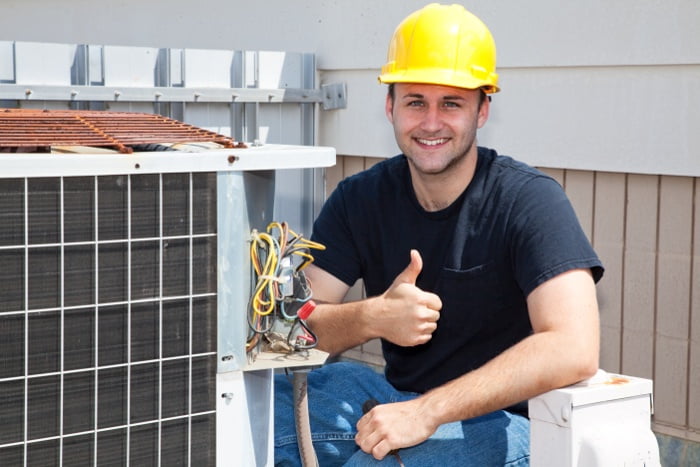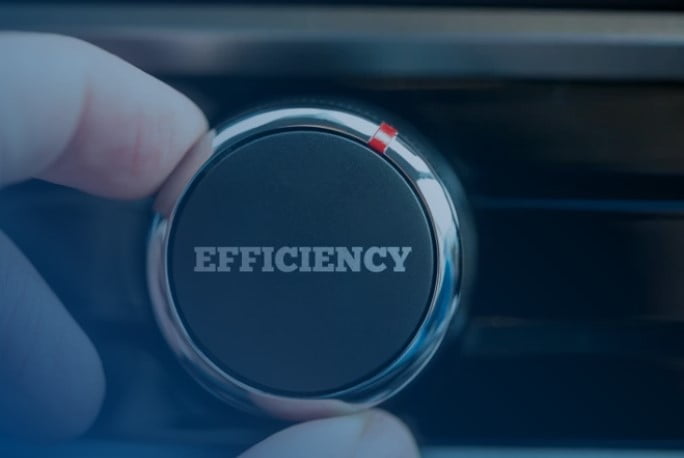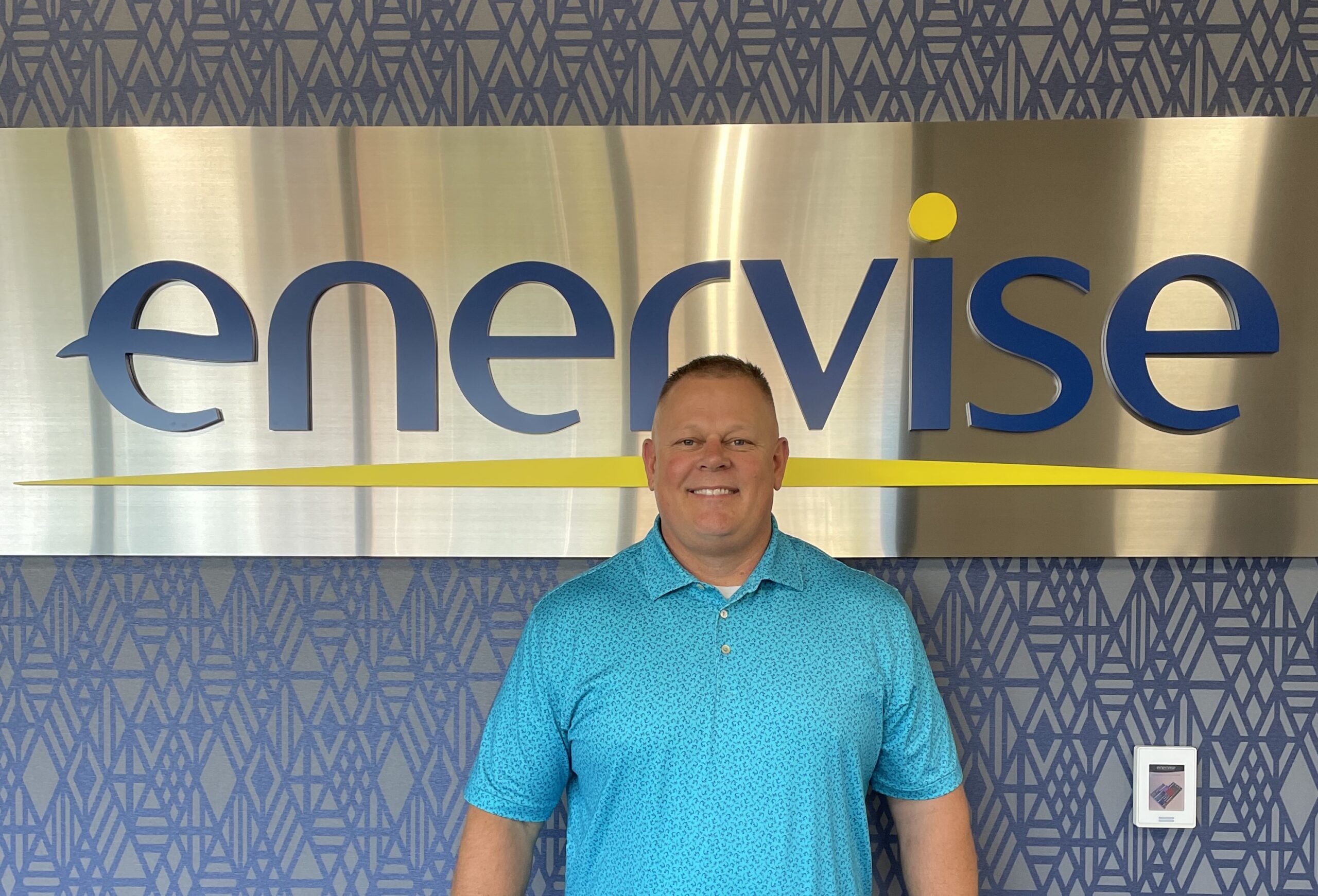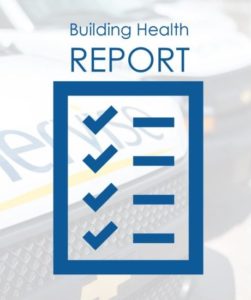Commercial HVAC and refrigeration systems are complex and surprisingly delicate, and require expert servicing and ongoing maintenance. The selection of commercial HVAC equipment and quality of the installation makes a big difference to the longevity. Though your upfront capital cost pales in comparison to the operating costs, you entrust a company to service and maintain your HVAC and refrigeration systems for the duration of their life cycle.
Before you hire a commercial HVAC provider, make sure you have them answer these questions:
1. Are They Licensed
In order to work as an HVAC contractor, your HVAC and Refrigeration provider needs to be licensed. In Ohio, the Ohio Construction Industry Licensing Board (OCILB) issues that license. The Ohio license should be visible on all trucks and company literature. In Northern Kentucky all Commercial HVAC journeymen are required to have individual licensing and meet ongoing education. A Kentucky Master HVAC License is required of all HVAC Service contractors. Companies risk losing their licensing when projects are not permitted properly, or unlicensed technicians show up on your job site.
2. Are They Bonded and Insured
If you hire a commercial HVAC and refrigeration service firm, they should also be bonded or bondable, and they should carry the minimum public liability and other required forms of insurance for contractors in your state or area.
Being bondable means that your provider has a surety company that they make payments to that can provide a financial guarantee on larger value projects, while public liability insurance means that if there is an accident on site, the contractor’s insurance will cover it.
3. Do They Have an OHSA Certifications and Safety Program?
Another important factor in your search for a commercial HVAC provider is whether they have an OHSA minded safety program in place. This means that they have safe work practices, and that their crews use PPE and other safety measures and that it’s part of their culture. This is another big liability issue, and it is definitely something you want in place.
4. Looking for a Quote? Do They Offer an Equipment Survey and Do They Provide a Conceptual HVAC Estimate at No Cost for Repair or Retrofit?
Most commercial HVAC projects and component repairs vary in scope due to the requirements at your site. So don’t be surprised if an experienced HVAC firm qualifies an estimate for repair or replacement of equipment with allowances due to difficult access and other unforeseen issues. Some offer a rebate system, where they charge for the estimate, site inspection, or design and upfront engineering if required, and then credit the cost against an order. These are accepted practices, but make sure you ask upfront to avoid surprises, and that you ensure you are comparing equal service, maintenance tasks and scope of a project, or be prepared for added costs later.
5. What Is Their Payment Cycle?
Larger commercial HVAC companies may offer 30 day payments, or even 45 days. Some smaller companies require a percentage deposit up front, with the balance on completion. Make sure you know ahead of time, and if they have a credit check process, get that handled before you have the work completed to avoid accounting headaches.
6. Which Brands Do They Install, Service, and Warranty?
Not all HVAC companies will supply or install all types of equipment. They may not be a dealer, or have the expertise and OEM certifications to manage your warranty. If you are considering a commercial HVAC company and you have preferred brands, find out whether they can offer a factory recommended start up, commissioning of your new equipment and installation of needed ancillary building controls. Even if you don’t have a preferred manufacturer it’s worth finding this out, as it can provide insight into the quality of their installation and service technicians.
7. Do They Have Experience with Your Systems?
Just as not every HVAC provider supplies all types of equipment, not all HVAC providers have design experience with every kind of commercial and industrial systems or integrated building controls. Before you hire a company to repair, maintain, or replace your building’s mechanical systems, it is always a good idea to find out what experience they have, and how much and how quickly they can respond.
There are certainly other factors to consider, but if you can get these seven answered, you should be able to narrow down a shortlist of HVAC providers at the very least.
